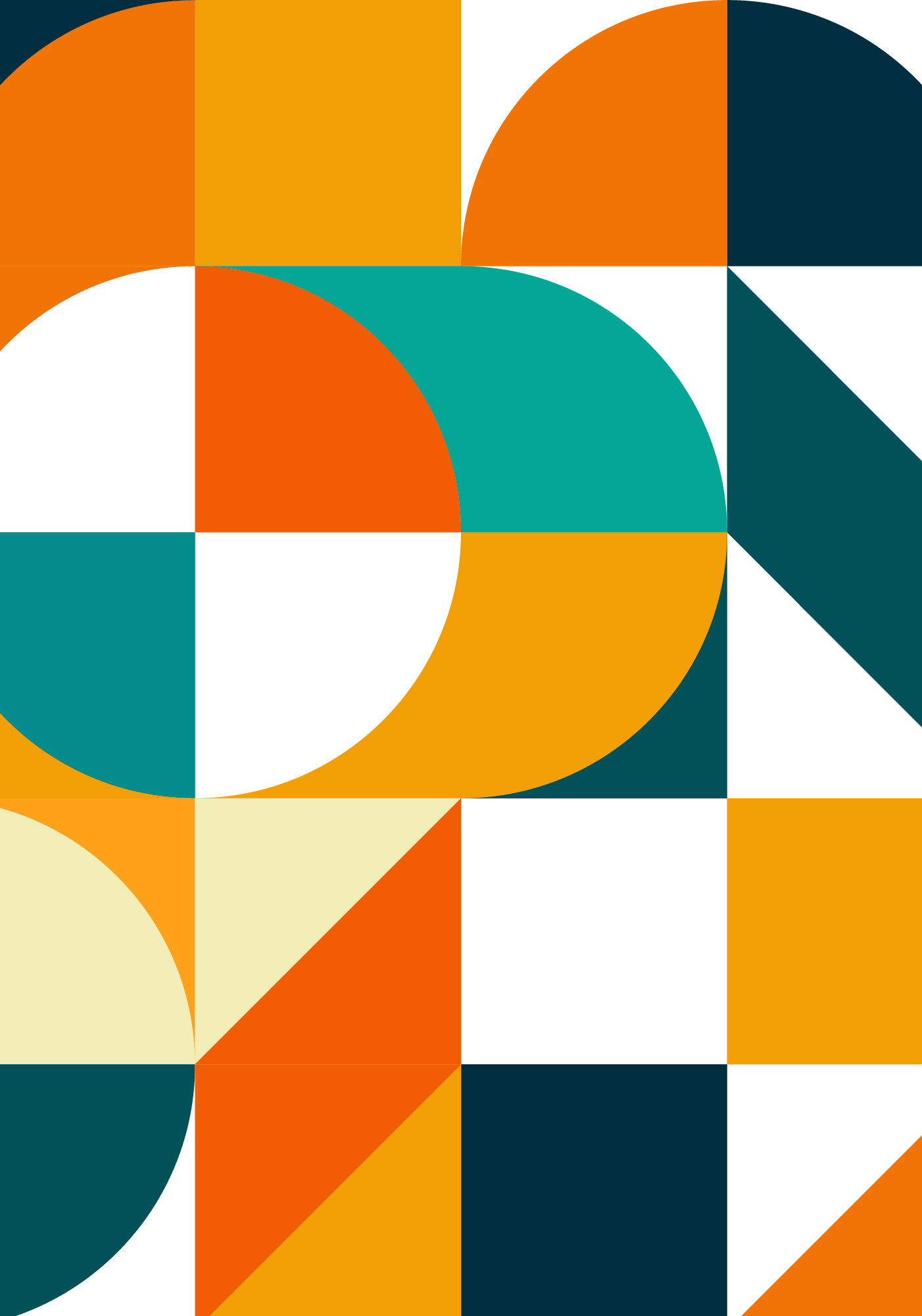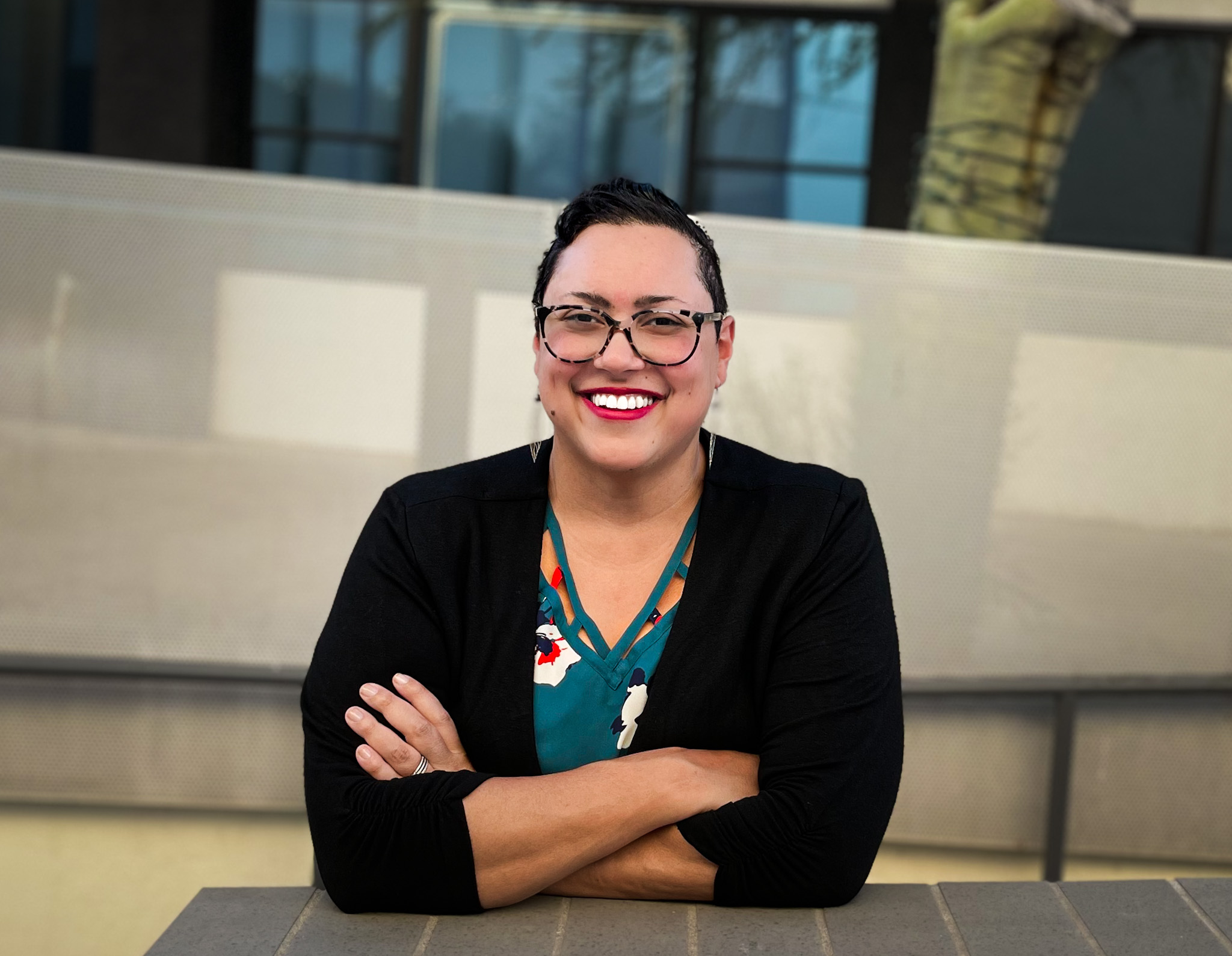Opened Culture uniquely bridges the gap in the educational ecosystem by directly targeting the roots of systemic inequities.
Our relevance lies in our dedication to transforming educational landscapes into realms of open access and collaboration, focusing on empowering communities rather than merely disseminating resources.
Unlike other organizations, our approach intertwines the promotion of open educational practices (OEP) with a deep commitment to change management and culture building, making us the driving force behind sustainable and accessible teaching and learning environments.
Our differentiation stems from our holistic perspective, viewing opened culture as the cornerstone of innovation in education, ensuring that every initiative we undertake is imbued with intentionality, inclusivity, and a vision for a more equitable future.

The Journey of Opened Culture
In a world where education often remains confined within traditional boundaries, the birth of Opened Culture marked a bold step towards reimagining how learning could be shared, experienced, and valued. It all began with a curious mind delving into the intricacies of open remix, a concept widely discussed yet narrowly understood. Our founder’s research unveiled a striking revelation: at the heart of open remix wasn’t just the products but the vibrant interactions of people, ideas, and processes. This pivotal moment shifted the lens from asking how to increase engagement in open remix to understanding why barriers exist in the first place.
Open remix, as it turned out, was more than a method—it was a socio-cultural process deeply influenced by power dynamics and accessibility within communities. This insight led to a broader reflection on open education as a whole, revealing that the true essence of opening education lay not solely in the resources or practices but in nurturing a culture that embraces openness at every level.
Our collaboratory emerged from the realization that to truly democratize education, we must start by cultivating an “opened culture” within institutions and communities.
Angela Gunder, Ph.D., CEO and Founder of Opened Culture
Our mission is clear—
to empower stakeholders across the educational ecosystem to collaboratively cultivate a culture of openness, leveraging innovative strategies, pedagogies, and technologies.
This means going beyond the ephemeral initiatives that wane with the departure of a champion or get lost in the narrow focus on cost-saving measures. Opened Culture envisions a world where education is a shared, inclusive journey, powered by the collective will to innovate, share, and learn together.
As we embark on this journey, we are guided by our values of inclusivity, collaboration, and empowerment. We see a future where education breaks free from traditional confines, and where opened culture becomes the norm, not the exception. With every partnership, project, and initiative, we are inching closer to this reality, crafting broader pathways to leadership and fostering communities that reflect the diversity and richness of human experience.
Through Opened Culture, we seek not just to transform how education is delivered but to redefine what it means to learn and grow in an interconnected world. Our brand story is one of innovation, resilience, and unwavering commitment to a cause that touches every corner of the globe.
It’s a story we’re proud to tell and one we invite you to be a part of.
About Our Founder

Angela Gunder, Ph.D. is the CEO and founder of Opened Culture (OEC), leading the collaboratory in providing institutions and communities with innovative strategies, pedagogies, and technologies to advance inclusive and transformative teaching and learning environments. Angela’s contributions to the field of education have been internationally recognized, including her co-authored open framework for advancing digital learning change work, which was recognized by UNESCO in 2021. Her research focuses on open remix practices, opened culture, digital literacies, narrative digital learning practices, and emerging technology for language acquisition. She holds a B.S. in Computer Science and Fine Art from Fordham University, a M.Ed. in Education Technology from Arizona State University, and a Ph.D. in Teaching, Learning, and Sociocultural Studies from The University of Arizona, where in 2020 she was named an Erasmus Scholar by the College of Education for her commitment to the college, the university and to the community.
